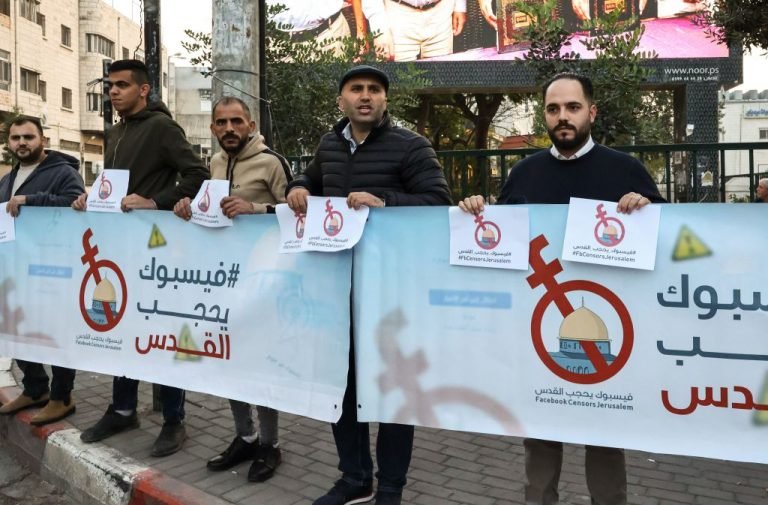
Share of Meta Platforms Inc. (NASDAQ:META) surged around 2% to $138 in pre trading session on Tuesday as during Israel’s May invasion on the Gaza Strip, Meta’s (Facebook and Instagram) policy decisions affected Palestinian human rights, as per a report into its content moderation practices.
Business for Social Responsibility (BSR) wrote in its report, based on the data reviewed, examination of individual cases and related materials, and external stakeholder engagement, Meta’s actions in May 2021 appear to have had a negative human rights impact on Palestinian users’ rights to freedom of expression, freedom of assembly, political participation, and non-discrimination, and thus on Palestinians’ ability to share information and insights about their experiences as they occurred.
Because the corporation had an internal algorithm that can detect “hostile speech” in one language but not another, and Meta lacked the essential control to prevent big mistakes from occurring, Arabic content was proactively recognized at a considerably higher rate than Hebrew content.
“During this crisis, an employee at Meta’s Outsourced Services inserted #AlAqsa to a hashtag block list while pulling from an updated list of keywords from the US Treasury Department involving the Al Aqsa Brigade, resulting in #AlAqsa being blocked from search results.” The hashtag #AlAqsa has been used regularly in messages referring to the Al-Aqsa Mosque, one of Islam’s holiest sites,” according to the investigation.
As a result, many accounts were slapped with “false strikes” and postings were incorrectly erased, with the strikes “remaining in place for those users who did not appeal erroneous content deletions.”
Meta responded to the news by stating that it is changing its standards and has “begun a policy development process to assess our definitions of praise, support, and representation.” In addition, it stated that it has “begun testing on constructing a dialect-specific Arabic classifier” for written articles.
Twitter, like Meta, has been chastised for its reaction to Palestinian messages. In 2021, the non-profit organization 7amleh recorded 500 examples of what it claims Palestinian digital rights abuses on Facebook, Twitter, and Instagram over a 12-day period, when information was removed or exposure was limited.